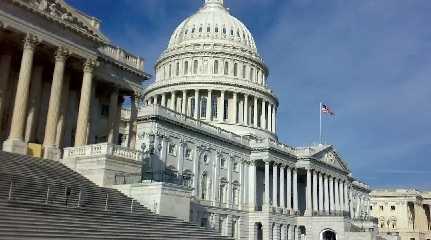
WASHINGTON, May 25 (Reuters) - U.S. President Joe Biden and top Republican lawmaker Kevin McCarthy are edging close to a deal on the U.S. debt ceiling, with the parties just $70 billion apart on discretionary spending, according to a person familiar with the talks.
What is likely to emerge will not be a hundreds-page long bill, something that could take lawmakers days to write, read and vote on, but a slimmed-down agreement with a few key numbers, this source and another person briefed on negotiations said.
The expectation is that negotiators will hammer out top line numbers for discretionary spending, including a number for military spending, but leave lawmakers to hammer out the fine details of categories like housing and education through the normal appropriations process in the months ahead, the second source said.
In 2022, U.S. discretionary spending reached $1.7 trillion, accounting for 27% of the overall $6.27 trillion spent, according to federal figures. About half of that was for defense, an area some lawmakers have said should not be cut.
Estimated U.S. government discretionary spending for fiscal year 2023, in billion US dollars
The end result would likely just put guardrails on future budget talks, not spell out detailed spending, sources said.
The White House declined to comment.
On Wall Street, the S&P 500 (.SPX) rose less than a percent, U.S. Treasury bonds fell in price and the U.S. dollar (.DXY) scaled to its highest levels since March as markets digested more optimistic-sounding news on the debt limit from Washington./




